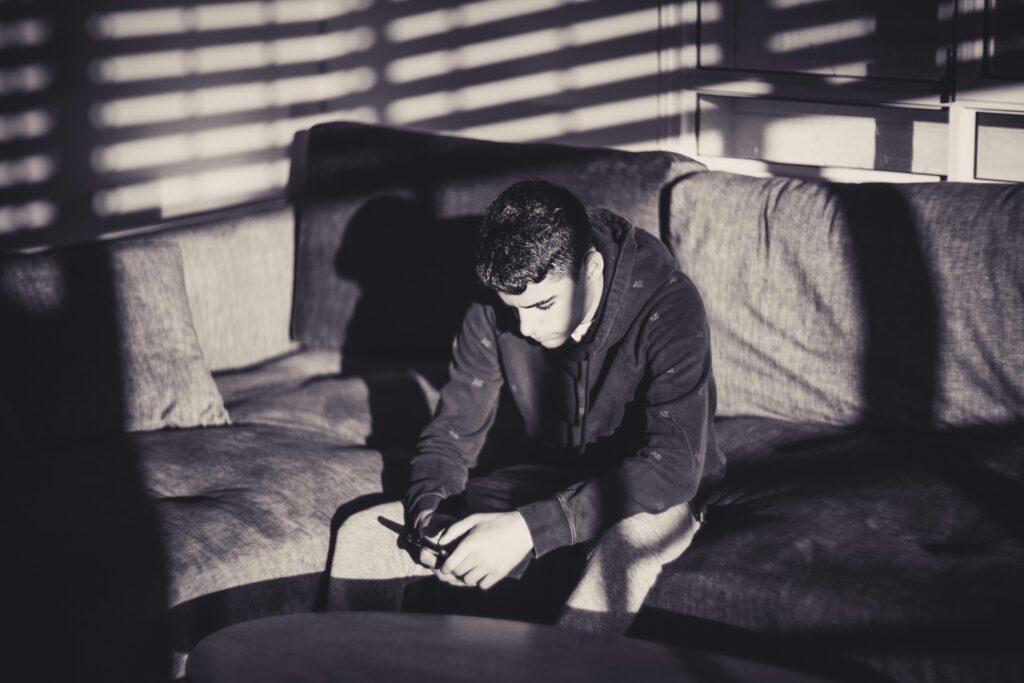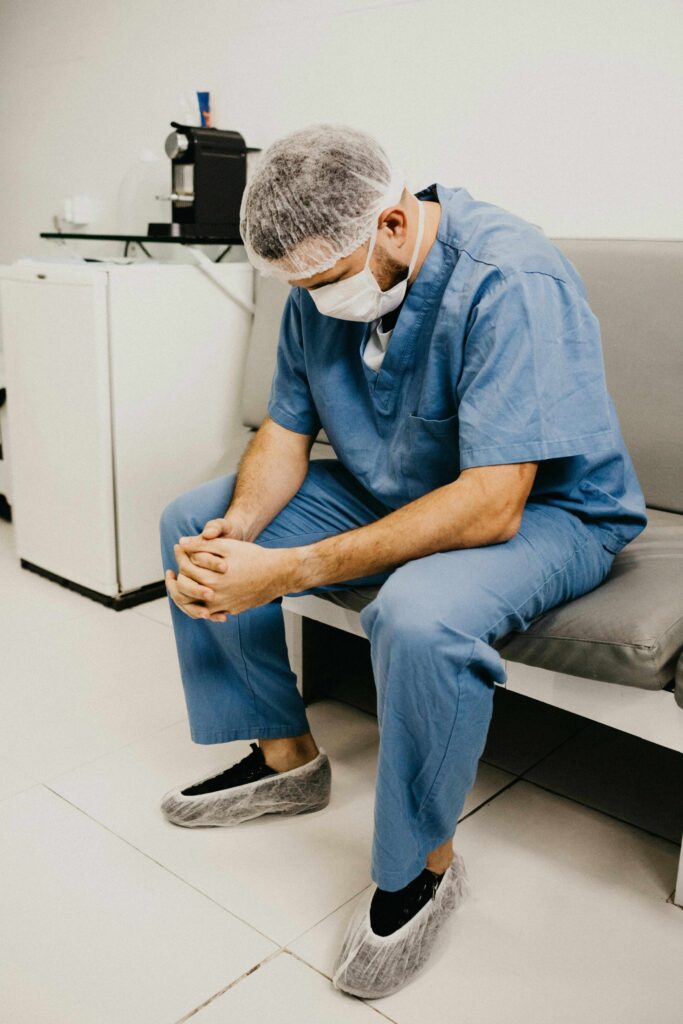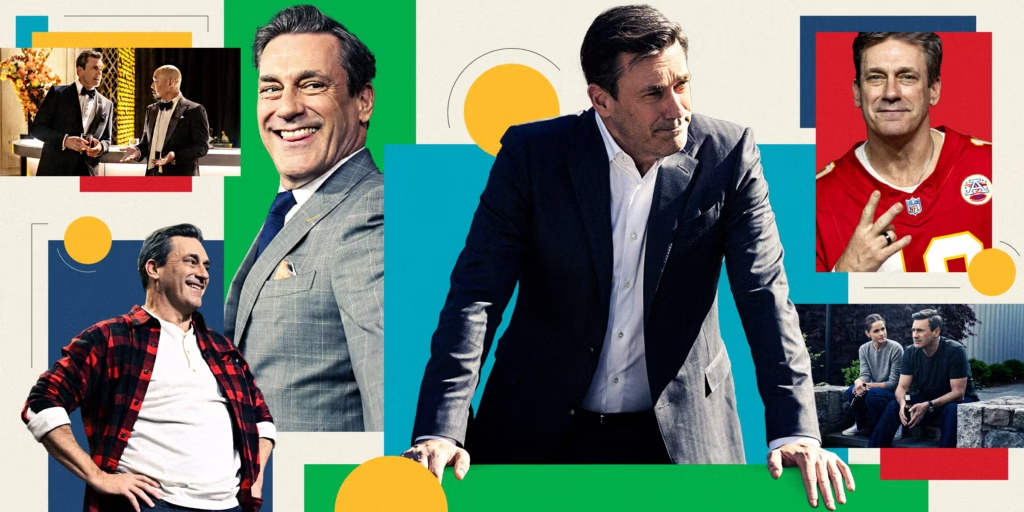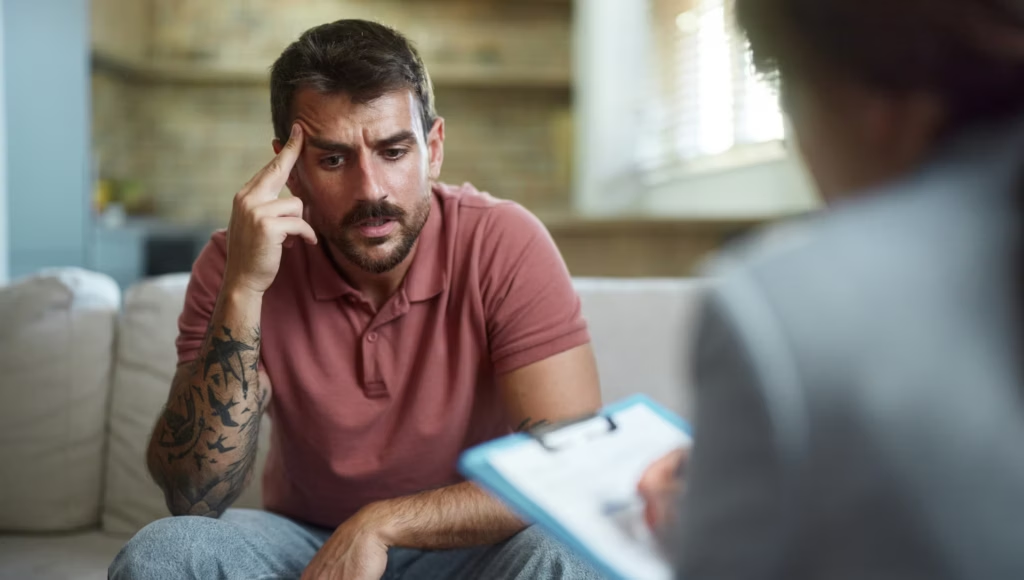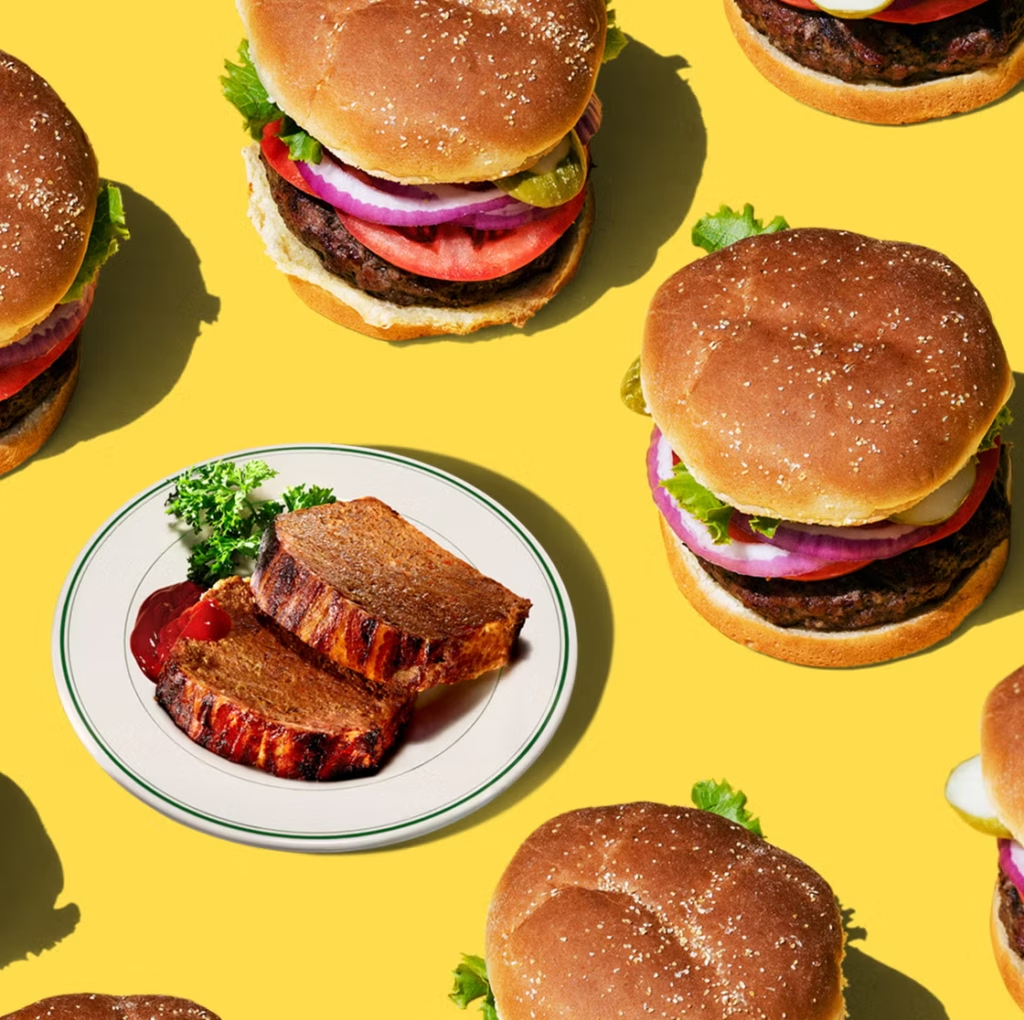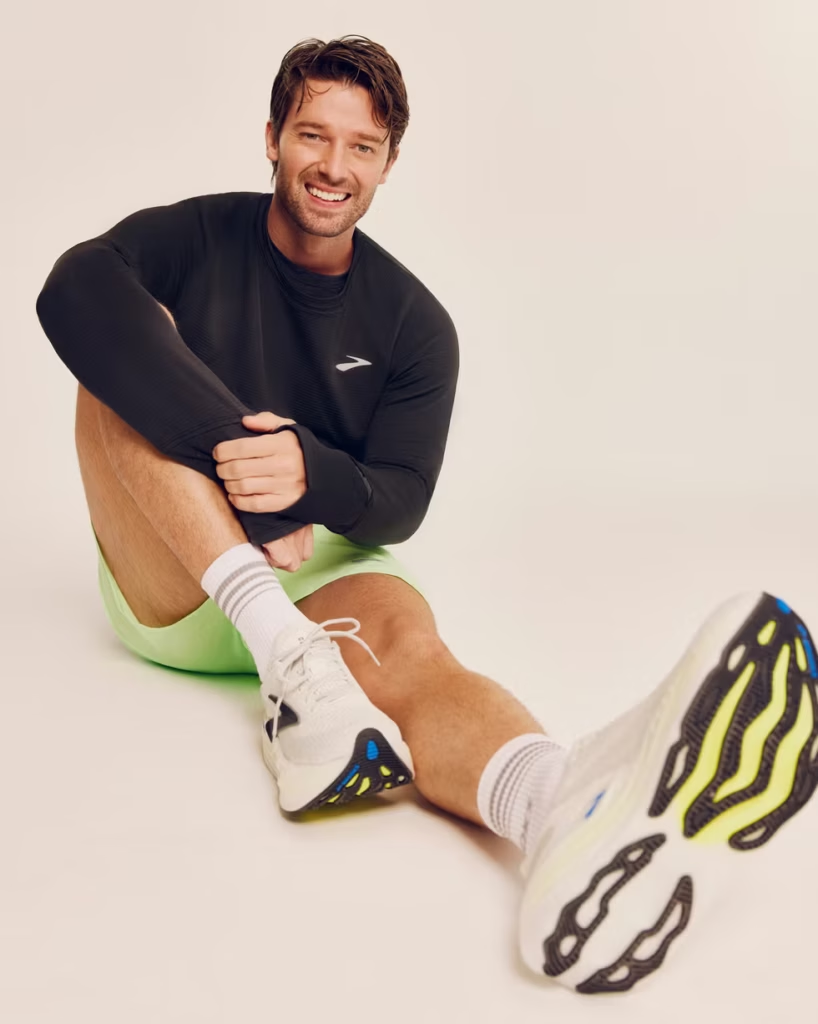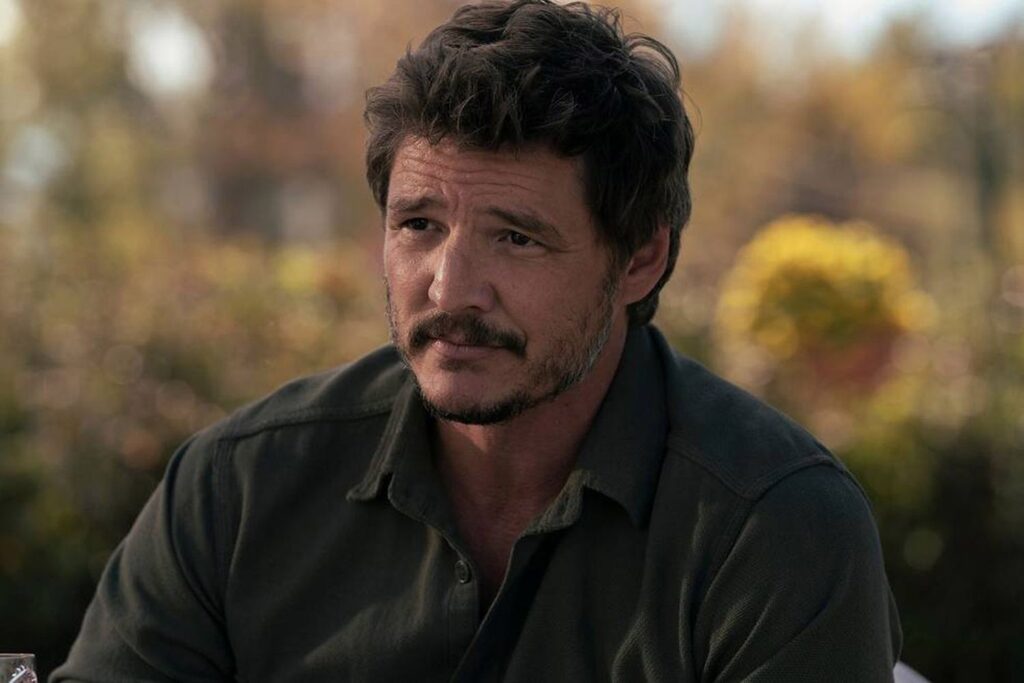While the relationship between dual international Mat Rogers and his father – the legendary rugby league centre Steve Rogers – was nothing if not complicated, it was also a pillar of the son’s life until one dreadful day in January 2006. In this edited and exclusive extract from his new book, A Father’s Son, Rogers revisits this traumatic episode in a raw and noble attempt to make sense of the unthinkable.
It’s the middle of 2005 and the Waratahs have reached the Super 12 final, in which we’ll face the Crusaders in Christchurch. I want my dad there and he agrees to come. The night before the game, as we eat pasta in an Italian restaurant, I notice how unhappy he looks. Which makes us quite the pair of sad sacks because my personal life is a mess. I’d been hoping Dad might cheer me up, but by the look of him he’d wipe the smile off the face of the Cheshire Cat.
Dad, who’s the boss at Cronulla RLC, tells me he’s been forced to move on some players he regarded as akin to family. It’s part of the job, he says, but a brutal part that never gets easier. He says he’s unhappy in his life and within himself. I probe a little, but he doesn’t say much. We mostly just sit with each other, both of us very sombre, and in the end, we hug and don’t let go. I love my dad so much. Yes, he was an arse to my mum at times, but overall, he’s a good man.
Some months later, after a night in with friends, I follow Dad out onto the street. He leans against the driver’s door of my then girlfriend’s car, and we start chatting again, just the two of us now. He tells me how pleased he is for me, that he can tell how much Chloe means to me. “You’re getting another chance in life,” he says.
“Yes.”
“I’m so happy for you, but I’m done.”
I let the second part of that sentence slide. But a bit later he says it a second time, and then a third.
When Dad says he’s “done”, I assume he’s talking about his current romantic relationship. “It’ll be all right,” I say, putting my arm around him. “Come and live with us.”
Now he sobs like a child on my shoulder, telling me how much he misses Mum and how he blew it. We stay together for another hour or so, intermittently crying and reminiscing about Mum. It’s been four years since she died, and he’s still heartbroken.
I make a point of catching up with Dad again before I leave for the spring tour. We talk about the night we spent reminiscing. He apologises for how he handled things with Mum and his new partner. How he rushed the transition.
“You don’t have to apologise,” I say. “I’d be happy to cry on each other’s shoulders every day over Mum.”
Back from the spring tour in December, I learn that Dad has arranged a trip overseas to visit friends and is taking his partner with him. When Chloe and I drop in on them shortly before they’re due to jet off, we find them both excited about the trip – and I’m excited for them. I tell him Chloe’s pregnant and he’s over the moon for us. We say our goodbyes. See you in January sometime.
Chloe and I drive to Byron Bay for a change of scene. I don’t hear from Dad for a couple of weeks and figure they must be having a good time wherever they are. Eventually I get a message saying they’re home. I call him from Byron, and he tells me a little about the time they spent in Morocco. It’s only a quick chat, though, because I’m due home myself in a couple of days and we can catch up then.
I’m at a New Year’s Eve party at a house in the Byron Bay hinterland when my phone pings. It’s a group message from Dad to me and my siblings. “Just wanted to take this opportunity to tell all my kids how much I love them and to wish you all every success in 2006 and beyond,” it reads.
We hit the road for home on Monday 2 January. We drive right through the night, arriving exhausted in Cronulla at about 3am on the Tuesday. We toss our bags on the floor and hit the sack.
Death knock
Next morning, Chloe is up earlier than me and I can hear her pottering around downstairs when there’s a knock at the front door. I recognise the voice of our neighbour Martin Downs, Dad’s friend with whom I’ve become pretty good mates over the past few months. He’s ‘Downsy’ to me now, but while the voice is familiar, the tone isn’t. He’s agitated, wanting to know where I am.
“He’s upstairs asleep,” Chloe says.
“Has he spoken to anyone this morning?”
“No, why?”
“He has to come with me now. There’s been an accident.”
As a former detective, Downsy has seen it all and is skilled at concealing emotion. When I come downstairs, he seems calm. He tells me he has to take me over to Dad’s place. “I don’t know how to say this,” he says, “but you need to prepare yourself for the worst.”
“What’s happened?” I mumble, going numb.
“I don’t know.”
But I think I do. Those words Dad used three times back in October – “I’m done” – suddenly take on a new and shattering significance. When we pull into my dad’s street, there must be 50 people milling around. There’s a plainclothes police officer in a brown jacket waiting for me. Things are starting to get a little too real, a little too frightening.
“Can you just tell me what’s going on?”
“I’m so sorry to have to tell you this,” the officer says. “There is a deceased male in the stairwell of the building behind me. We believe it’s your father, Steve.” He asks me whether I’d be okay to identify Dad’s body.
“Yes,” I say.
Gradually, over the next 45 minutes, the pieces start falling into place. My father died in the stairwell of his apartment building on the Cronulla Point esplanade. He was found on the landing one flight of stairs below his front door by someone heading out for an early-morning walk. They raised the alarm and shared what they’d seen with some other walkers on the esplanade.
I’m numb. I’m standing on the street with the police officer and my neighbour, while a swelling, murmuring crowd stares at me. By the time I’m ushered inside to identify the body, an hour has elapsed and the crowd has quadrupled in size.
“The body has not been moved,” the officer says. “He’s on the first-floor landing. I’ll give you some privacy.”
I walk towards the first flight of stairs, stairs I’ve taken many times over the last six months on my way to seeing Dad, always with a smile on my face. The aura that surrounds my dad has never dimmed in my eyes. It doesn’t matter that I’m grown-up now; he’s still my hero.
When my hand touches the rail, I realise my palms are sweaty. I still hold a faint hope that there’s been a mistake; that the man in the stairwell is not my father. I take a few steps up and I can see part of a body propped up against the wall. I can’t see the face but don’t need to. The shape of the body tells me there’s been no mistake. I take the remaining steps at a clip and buckle to the floor next to my dad. I lie next to him, hug him. After a while I sit myself up and say, “Why? You’re everything I want to be.” For half an hour I stay with him, staring and talking. I talk to him about Mum, and I try to imagine what might have been going on in his mind.
That night, I barely sleep. Every time I doze off, I have vivid nightmares that jolt me awake, nightmares of a type I’ve never had before.
The reset
I escape to Lord Howe Island, where I realise how acutely I needed a break from the circus playing out in Sydney around Dad’s death. The Waratahs have granted me indefinite leave: call us when you get home and let us know how you’re feeling.
I don’t read a newspaper or go near a computer, and I switch off my phone. Instead, Chloe and I fish, dive and surf.
“I don’t think I want to play any more,” I confide to her one day.
I live in fear of retracing Dad’s path. Here’s the man I have chased and tried to emulate my whole life, dead at the age of 51, too forlorn to carry on. I want to step away from the game on my own terms and turn my attention to something new.
On the trip back to Sydney, I feel rejuvenated. I almost convince myself that I’ve recovered from the tragedy of three weeks ago. The reality, though, is that I haven’t dealt with it. What I’d done instead is run away. And the minute I set foot back on the mainland, there’s the media waiting like wolves in the terminal. My phone is choked with messages, most well-meaning, but many from journalists wanting to know when I’ll be playing again. When. Always when. They don’t realise it’s if.
As the weeks go by, the pressure to address the issue of my future with the Waratahs mounts. Sharron Flahive, the team’s chief medical officer, calls, and I tell her what I’ve been thinking. “I don’t think I can do it any more,” I say. “I don’t have the fire inside.”
Sharron is one of the most upfront, no-nonsense people I’ve dealt with in sport. She will not countenance drivel or bombast. She can do this because she’s a person of integrity, a woman who says what she means and means what she says. She has ridden the rollercoaster of my life and knows that through it all there has been one constant that
has kept me grounded and focused: football.
“Think about it,” she says of my retirement talk. “And then I’m coming over so you can tell me to my face.”
A few days later Sharron arrives at the house. I make coffee and we sit out on the breezy deck in the morning
sun, gazing out over Gunnamatta Bay.
“If not rugby,” she says, “then what? What are you going to do to put structure in your life? You haven’t prepared anything. You really think your dad would be proud of this situation? You think he wouldn’t want you playing? You at least need to get your butt back to training, even if you don’t play for a while yet. Just get around your mates who love you and will support you.”
In the days following, Sharron’s advice echoes in my head. It took courage for her to say what she said, and I’m glad she did, because I don’t know who else could have seen the problem so clearly or been so blunt about the solution. The path I’m on is leading nowhere worth visiting. It’s time to take responsibility for my life. A week later, I resume training, and sure enough the warmth I receive from my teammates lifts my spirits. I love these guys, pure and simple. Sharron was right: I need to be around them.
—
A Father’s Son, by Mat Rogers (Simon & Schuster Australia; $49.99) is out on October 5.
If you or anyone you know is struggling, it is important to seek professional help as a matter of urgency.
• Lifeline: 13 11 14
• MensLine Australia: 1300 789 978
• Beyond Blue: 1300 224 636








